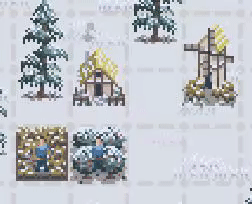(This is a cross-post of my recent itch.io blog post which you can read here.)
I’ve seen GDevelop mentioned here and there and have been meaning to write about it for some time.
I was invited by Marcos Codas to check it out and I’m grateful for that! The more I dug into GDevelop for this post, the more I was blown away by this tremendous tiny space of beautiful browser games all made in this open source game development environment.
What is worth highlighting is that GDevelop boasts easily making things with “no-code”. This makes it perfect for people new to games who could benefit from the low barrier to sharing their work in the browser. After all, it takes very little commitment from people to play a browser game!
* GDevelop on Itch.io
* GDevelop Website
* GDevelop on Github (give it a star!)
* Their Wiki with lots of tutorials and resources
GDevelop is a welcoming tool with lots of resources to help you get started.
There is an official intro tutorial collection on their YouTube… between that and the Academy page on their website, it’s quick to pick up.
To make things even more accessible, you can even try GDevelop online in your browser… and build things with its browser editor.
The “No-Code Gamedev Bundle” is still available on HumbeBundle for a while (as of writing this, it ends in 5 10 days), but if you miss out on that deal then there are constantly free assets happily shared by the community on itch.io… and browsing the #gdevelop tag on social media shows a world of beautiful games and interesting projects constantly being shared.
…So when they say it’s friendly, welcoming, no-code, easy for non-technical people… Wow, they sure mean it!
– The No-Code GameDev Bundle on Humble
The games made in GDevelop are beautiful. Many of them are browser games, speaking to the relevance that games made for the web still have. That said, maybe we are well past the point of even needing corporations that control our tools… Alternatives offer so much, and the quality is not lost on them. I’ll elaborate…
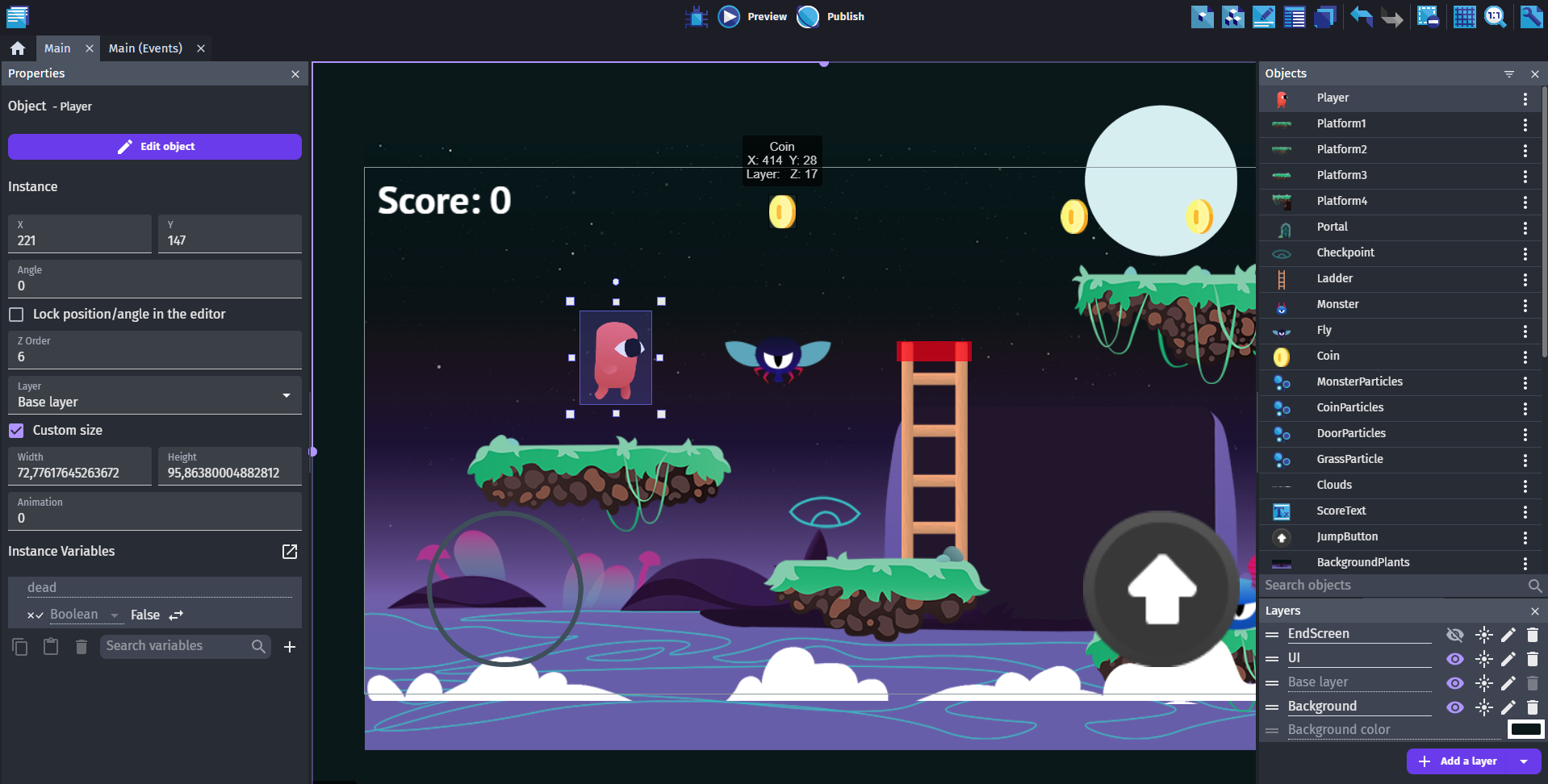
Every once in a while, depending on how tuned into game development discourse you are, people will share “alternatives to Unity” whenever Unity makes a self-destructive decision. There have been a number of controversies as of late.
For a while, Unity was easily the number one choice with indies. Much like Flash’s dominance, it seemed like it would last forever. Decisions in the past have inspired people to seek out alternatives, and overall realize the importance of supporting game development alternatives.
I think it’s wonderful that we are at a point where we are more open minded to supporting the countless game development apps, IDE’s, or engines that are out there.
There are so many of them too. It’s not like there’s a lack of supply, just lack of awareness.
Many of them are welcoming to beginners, and often offer a friendly space for newcomers of game development to easily learn how to make games.
For example… Godot, Rogue Engine, Bitsy, Twine, Pico8, GBStudio, RPG in a Box, Puzzlescript, Construct, Game Maker, RPG Maker, Scratch, Flick Game, Castle Engine, Adventuron… just to name a few. No, really. This list is hardly scratching the surface!
Aside from all that, there are solutions like Homer (The Story Flow Editor) to help with specific aspects of game design … I try my best to keep a log of what is just on itch.io here…
When I say this is a vast, inspiring space, I mean that. It’s the type of thing you might be oblivious to, but once you fall down that rabbit hole you see it everywhere.
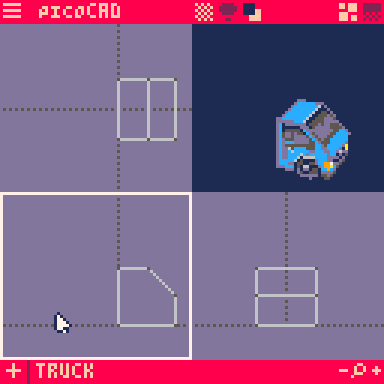
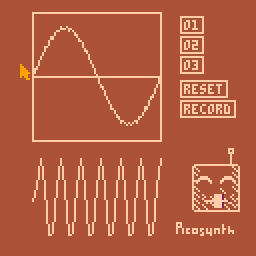
– Both picoCAD and picoSYNTH can be viewed as extensions to Pico-8… One allowing you to make music, and the other specific to 3D art. Both are examples that further build on and define the Pico8 ecosystem.
Each game development environment is wildly different. They each offer something special that makes them an invaluable contribution to the ecosystem as a whole.
RPG in a Box excels at beautiful voxel games and has this nostalgic DOS-era feel to it, Bitsy lets you create something like interactive fiction meets a fantasy retro console, Pico-8 is the crown jewel when it comes to fantasy consoles inspiring so many tangents… They all offer something unique and essentially have this space of people surrounding them, building on them, contributing to them… making each tool as much of a community as they are creative outlets.
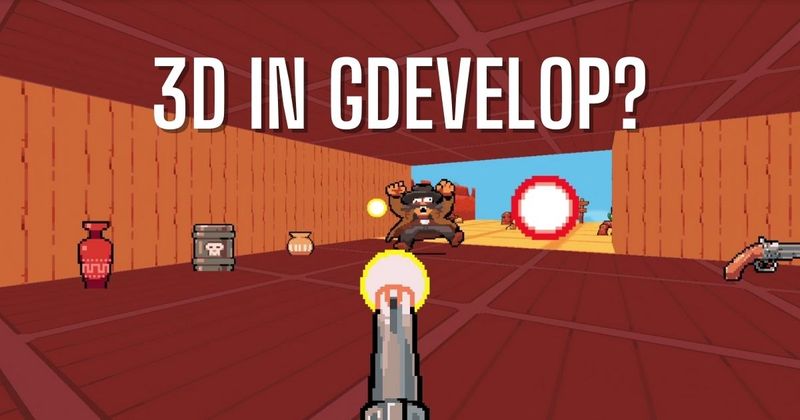
– “3D in GDevelop is Here, Thanks to a Community Extension!”
GDevelop is no exception. In this case, I was overwhelmed by the beautiful browser games that are coming out of it. So much of it reminds me of Flash that, in a way, I feel like it’s keeping that dream alive. Browser games are still relevant! GDevelop is a wonderful example of that.
* GDevelop Games
* GDevelop’s Game Portal, Liluo
* Top Games Tagged GDevelop on itch
Browsing Liluo and the games highlighted on GDevelop’s Games page remind me of the days of Flash game portals, or browsing Jay Is Games for recent features… It’s a type of space who’s relevance to “popular culture” I miss.
Browsers have always been a home to casual games, and (in their heyday) they were big enough that companies had to block them to keep employees focused on work. They seemed to be like the one unifying factor to people’s web experience. Kids played them as much as parents did, and they made enough money to be an actual industry… As you can imagine, the shift to HTML5 has been a conduit to losing a lot of that. HTML5 game portals exist, but they don’t seem as largely relevant anymore. They are popular with their own section of people with that certain interest, but they are nowhere near as popular as they used to be.
I think a big factor at play is that tools for making HTML5 games have been more or less unreliable at best. It’s a difficult space to navigate as any change in a browser’s feature can break a huge legacy of work… aside from that, the bar has been raised a lot in terms of how to even comfortably approach making one.
In recent years tools like GDevelop have been surfacing and the way they lower the bar to empower less technically savvy people to be able to make browser games once again, is beautiful to see. Browsing the offerings of the GDevelop community has been tremendously encouraging.
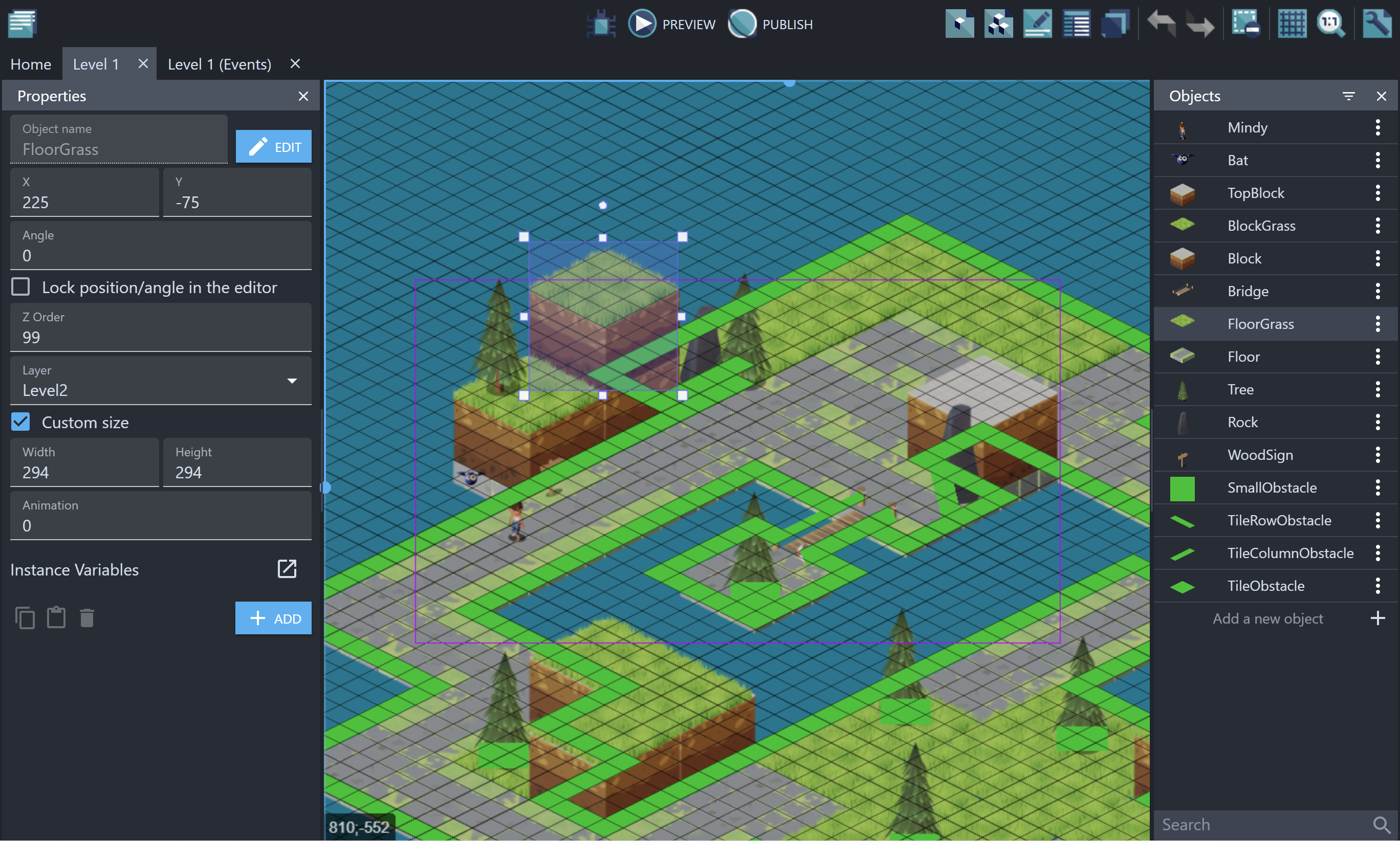
Such tools like GDevelop offer something different, more hopeful, to the Flash days in that they are open source too. That seems to be the one distinct difference.
By that very nature, they are more accessible to community participation, because developers can be part of whatever the tool should potentially do.
Mind you that I was deeply invested in Flash from the beginning (you can read two very long blog posts documenting some of Flash’s history here and here), and I remember how much people participated in driving that technology forward… but Flash was never truly open source and that was a big source of criticism for it (you could argue what aspects of it were or were not, but overall it is still a black box).
With the types of shifts we’ve seen in game development environments, what gets popular, what becomes a monopoly, and how our history of work is tethered to that and then eventually lost when a corporation decides to “pull the plug”… I think we are ready to acknowledge that entrusting control of something as culturally important as “the de-facto game engine that everyone uses” to a single entity has cost us a lot.
So I look to things like GDevelop as sources of hope. Maybe with things being open source, inviting participation, and giving EVERYONE access to be part of it, we can determine our own future. Maybe we wont lose our history so fast. Maybe, in normalizing such alternatives, we create a cultural standard for something better.
At the very least we have a window into how things can be different.
GDevelop has a large pool of free assets. Browsing the tag on itch.io is an inspiring experience and the tool also has its own asset store. There are hundreds of extensions that you can install.
The community extensions make GDevelop’s potential future look very interesting. They certainly demonstrate the tool’s flexibility.
For example, there’s an extension for creating simple 3D Scenes “WithThreeJs Extension for GDevelop” by PANDAKO.
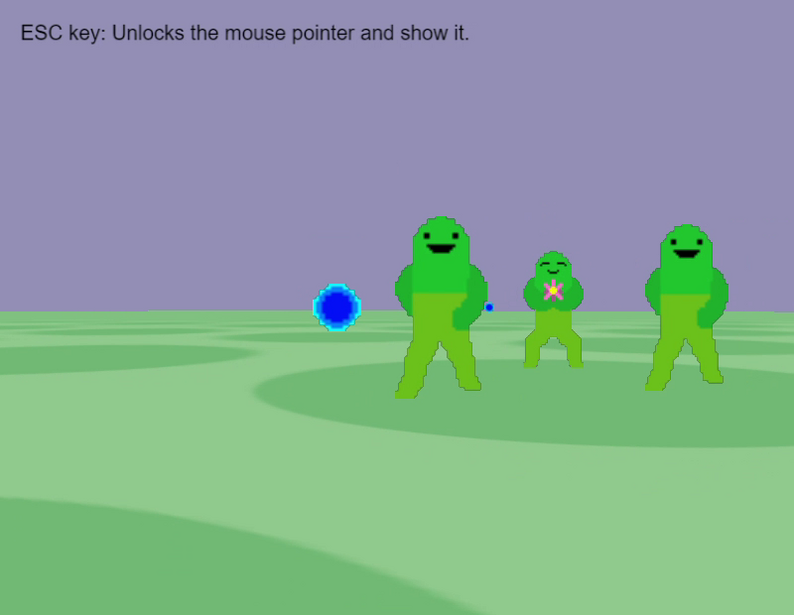
– Extension for GDevelop to create simple 3D scenes
“This extension is intended for easy and simple 3D rendering. It does not currently aim for realistic rendering with light and shadow.”
There’s also the free GDevelop Particles library that gives access to easily customizable particle effects.
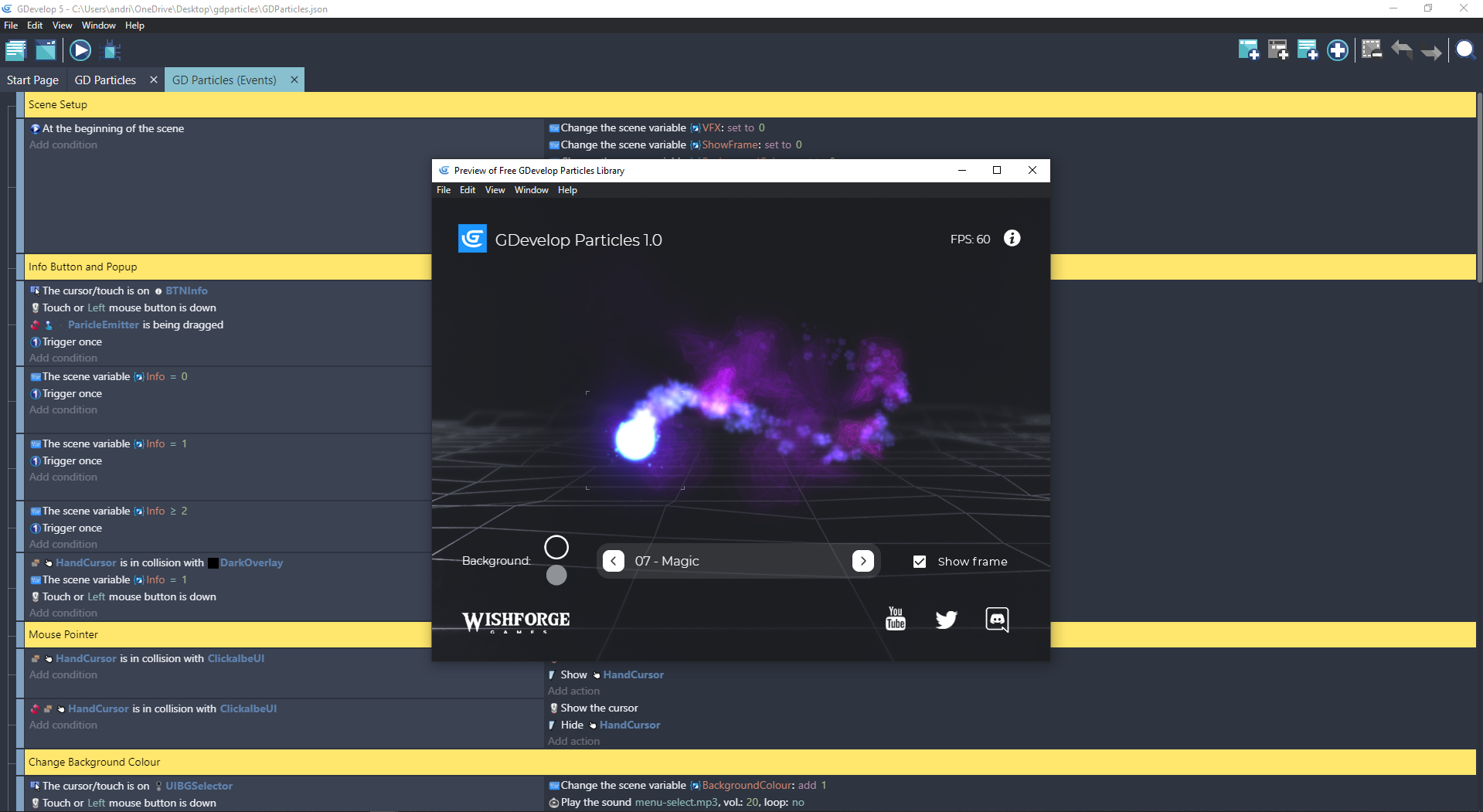
– GDevelop Particles Library
“GDevelop Particles is a free library of particle effects made with GDevelop App. All particle effects are easy to customize and free to use in your free or commercial projects.”
…or more genre specific things like “Castila – A Castlevania Template“, the Physics Platformer example, Meelee attack example, or WTF Wars (Turn Based Template)… I could keep going on, but you get the point. It’s a generous community creating and giving away plenty of resources.
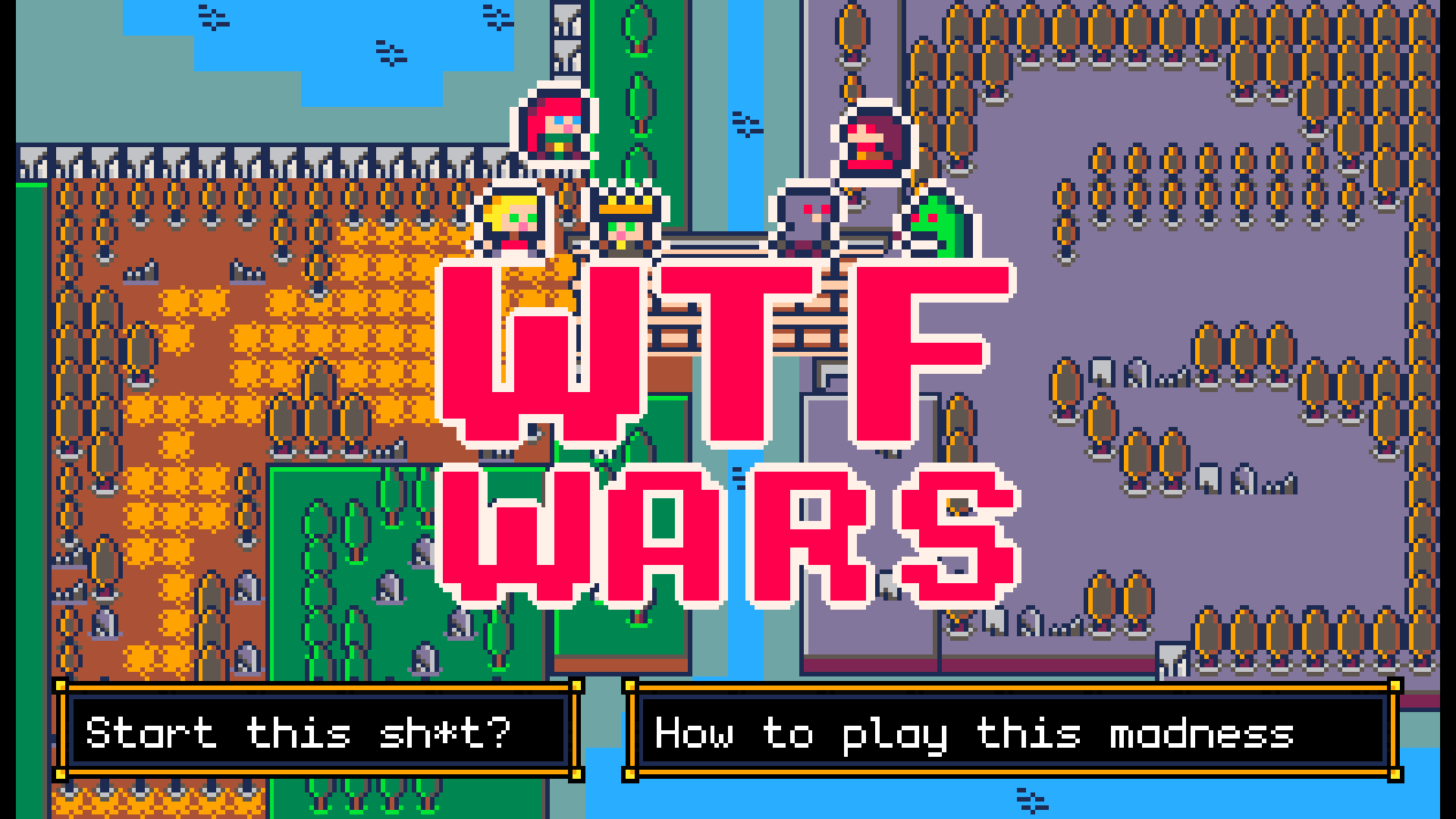
– WTF Wars Template
“A pretty much basic chaotic coded template for a turn based game in GDevelop 5”
All that said, like I mentioned in the RPG in a Box post, the work made in a tool speaks best for the tool… and GDevelop games are indeed inspiring.
GDevelop also runs regular game jams, and you can check out submissions for those on their itch page or browse a curation of games they highlight there… so many games.
One beautiful example that came recommended to me is North Burg a settlement-building game mixed with tower defense elements. It’s a calm almost meditative simulation-thing where you gather resources and build a little world that you have to occasionally defend. I say it’s meditative because you have to wait for your little workers to gather the actual resources, and the waiting part is absolutely not annoying for how beautiful the little world looks. It feels like playing with a snow globe.
…And if you don’t feel like building in a snowy winter setting you can do something similar underwater in Subcolony in which you gather resources to save humanity by colonizing the depths of the ocean. Subcolony is less meditative and more aggressive since you have to shoot things that attack you while you try to harvest.
A lot of GDevelop games are small bite-size experiences. Browsing the community’s offerings is a lot of fun since these games are browser based. You don’t have to download anything. Everyone seems to have their favorite. Mine is Rocket Racers (Rocket Santa??).
I love this one! It reminds me of Megapede!, by Cheesy Software.
If you don’t know Cheesy Software, they were a DOS era game developer that made what was (at the time) ridiculously over-the-top silly games. Rocket Racer reminds me of that with its extreme sound effects, intense controls, and how fast paced it is. You control the ship with your mouse. I love its simplicity mixed with how quickly things get out of control.
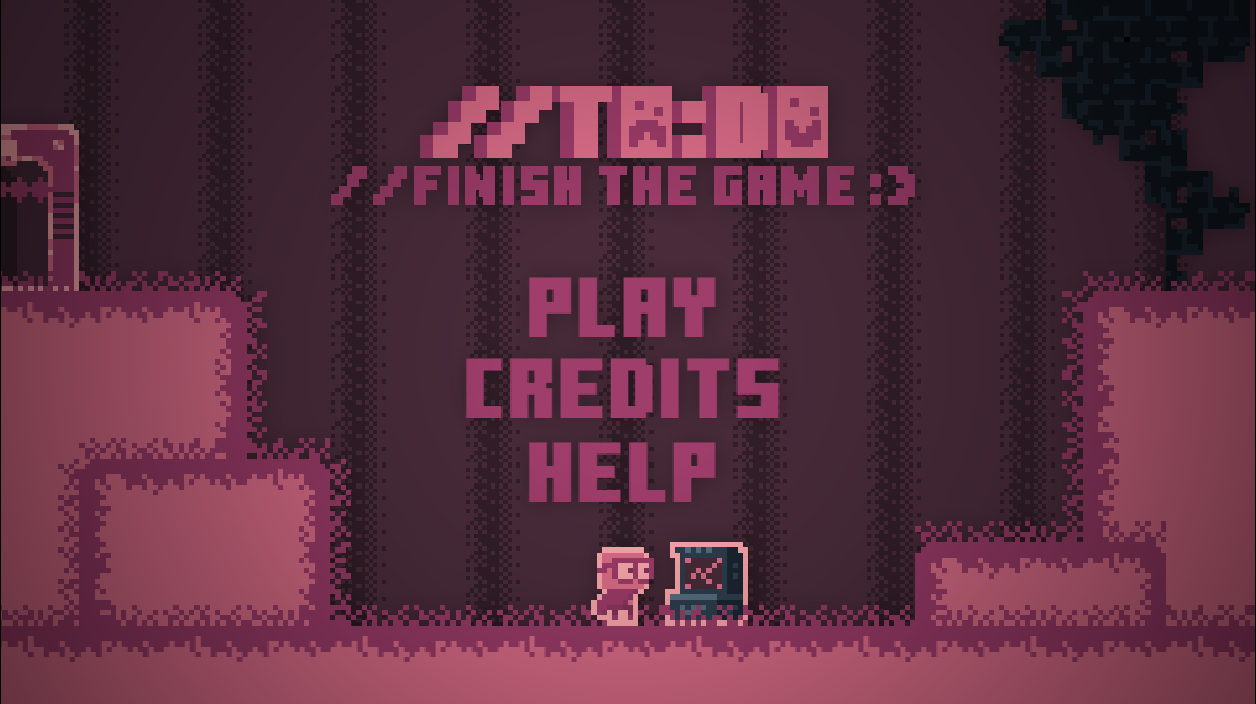
* //TO:DO
A definite highlight for me is //TO:DO.
It’s a very unique platformer in which the premise is that the developer did not finish the game and you, as the player, have to do that by “coding” the unfinished bits using the event system available to you. It tasks you with finding creative ways to solve these problems. To me, it’s slightly reminiscent to something like Baba Is You in which the dynamic between you and the game is kind of like you are programing… it feels very programming. It’s almost like it functions off its own language. I think these things are fascinating for how meta they are. It’s a beautiful creative example!
There are so many finished and unfinished examples that I could list. I mean lol… I lost a lot of time to Slime Dunk. Something about many of these games feels like treating yourself to potato chips. Each is just as deliciously crunchy as the next.
GDevelop is a beautiful tool powered by a wonderful community!
Go give it some love: https://gdevelopapp.itch.io/
